Support strong Canadian climate journalism for 2025
Another week with many new films to consider. So many that I'm holding one over to next week. It's called Last Stop in Yuma County and I'll be recommending it highly when I get to it.
Meanwhile, there are these:
Kingdom of the Planet of The Apes: 3 stars
Evil Does not Exist: 4 ½
Nanekawasis: 3 ½
Under The Bridge 2 ½
Let It Be: 3 ½
We Grown Now: 4
KINGDOM OF THE PLANET OF THE APES: Surprised to read that this is now the longest science fiction movie series ever. It's film number 10. These Apes just keep on coming back with new wrinkles on its themes: human and animal conflict, yearning for co-existence, rebellion, racism. And from the original novel by Pierre Boulle humanity's assumption that it is always in control. Six films ago it enslaved the apes. Next one, they rebelled led by Caesar, who through a trilogy of films was trying to build a better society while fighting off humans.

He's gone now; his ideals, including his insistence on the rule of law, still linger in a few minds but not many and not in a new leader named Proximus Caesar. He's a tyrant, played with power by Canadian actor Kevin Durand, and is obsessed with boosting his control. He thinks the answer may be inside a wrecked ship the humans had abandoned. He's been unable to break in and is obsessed with trying but makes two mistakes. He enslaves a whole clan of apes but misses young Noa (Owen Teague) who becomes an enemy as he searches for his family. He joins with a young human woman, Mae, played by Freya Allan who is not at all “slow witted,” as Proximus describes all humans. She's key to his grab for more power. The film is pure good vs bad stuff, and lets up on the bigger themes of the predecessors. So it's not all that clear what it's saying. It looks superb though. The effects are excellent and the talking apes seem real. Wes Hall, known for effects, animation and the Maze Runner films, is the director. (In theaters) 3 out of 5
EVIL DOES NOT EXIST: Environmentalist, development activist, maybe just a nature lover. This film will appeal to all of you. It's from Japan and starts off slow and contemplative looking up through a tree canopy above us. Then it watches a man chop firewood and later walk with a young daughter identifying all the species of trees they see along way. It's an idyllic picture of a close connection to the natural world.
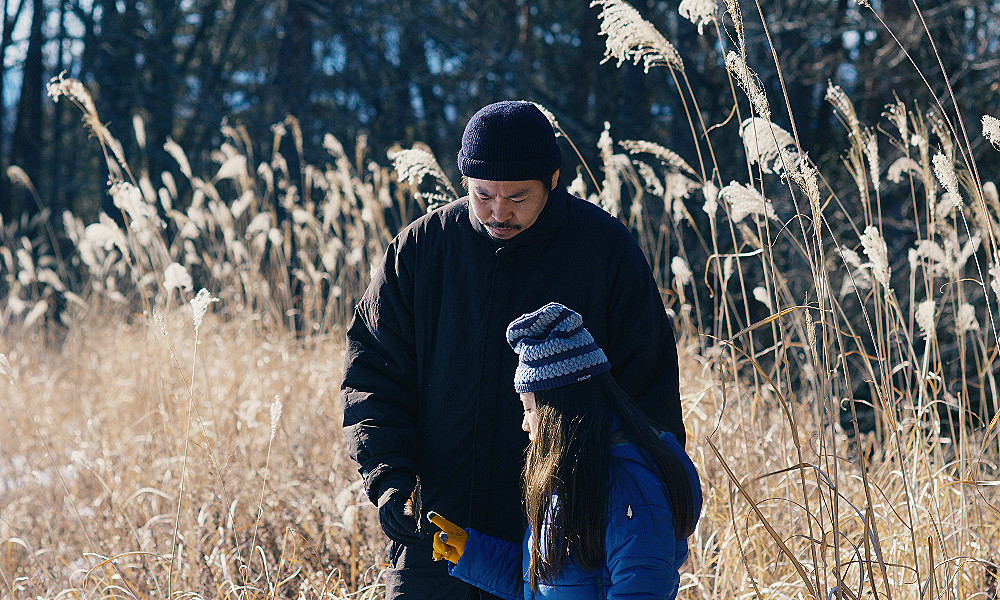
Then it's disrupted. A company from Tokyo plans to develop a "glamping" site (refering to "glamorous camping") for rich people from the cities. The company has sent two reps to explain it to the locals and it's clear they know nothing about the area or even much about the project they're promoting. That comes out at a public meeting where people ask questions and voice objections. Rich people will be noisy, unsupervised, a threat to cause forest fires in the dry season and pollute the area's pristine water because, as planned and to cut costs, the septic system is inadequate. It's a perfect representation of those public hearings cities hold for development proposals.
The film takes a couple of turns and goes darker with an ending that's so enigmatic you'll be thinking about it for some time. And about how fragile the natural world is when the builders are so insensitive. Ryûsuke Hamaguchi, who wrote and directed it, won an Academy Award for his last one. He deserves another. (In theaters) 4½ out of 5
NANEKAWASIS: My last recommendation from the DOXA documentary festival in Vancouver is more than a portrait of an acclaimed artist. It recounts a whole batch of issues that Alberta-based George Littlechild lives with. He's Indigenous, was picked up in the 1960s scoop, sent to foster homes, was an outsider because he's gay (two-spirit as it's known) and survived well. One of the foster families encouraged his art. An elder told him he has the spirit of a horse. He learned that there were chiefs among his ancestors and the name he uses (as in the film title) came from his great grandfather and means swift child.
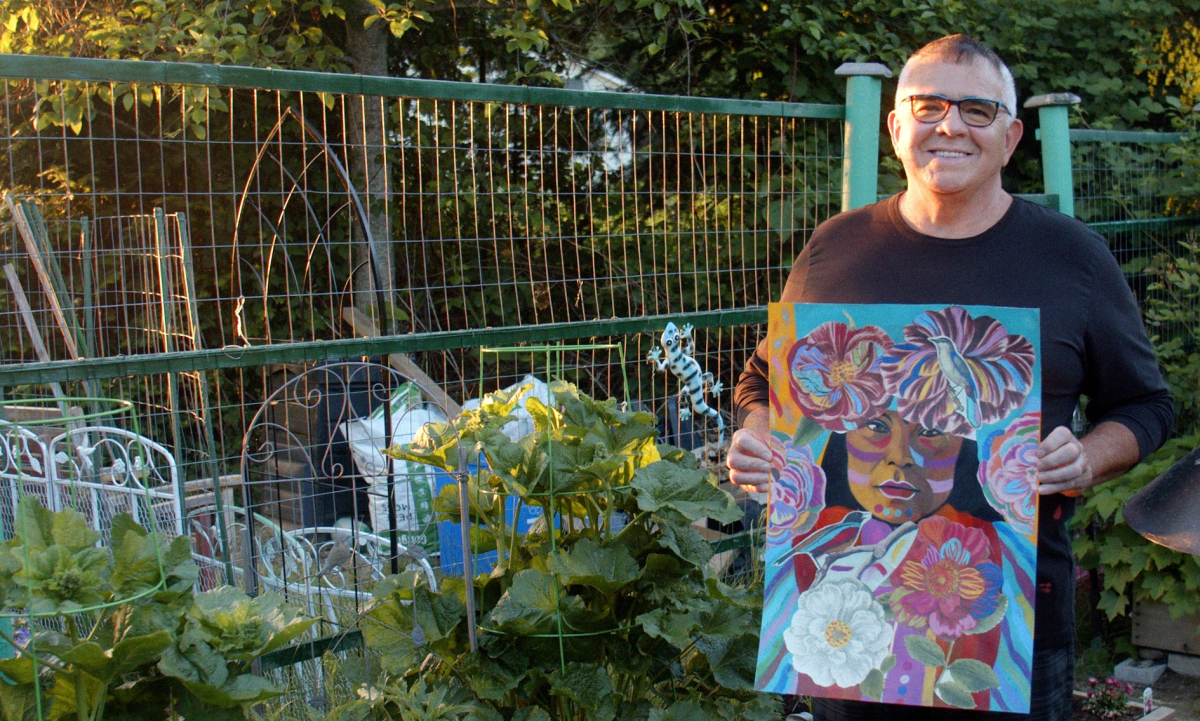
His paintings, many of which you see, seem to be whimsical with their super bright colors but there's also content showing history, anguish and trauma. They honor his ancestors and keep their stories alive. That sets him right within the storytelling tradition that's so important in Indigenous culture. Some of the paintings are startling, anatomically correct, to represent gayness. As he says, he learned that in his culture “two-spirit” people were special and had an important place in the tribe. He's articulate and even humorous in this film directed by Conor McNally and worth getting to know. (One more showing at DOXA + coming soon to Toronto) 3½ out of 5
UNDER THE BRIDGE: This is a typical example of a common genre type these days: the true crime series. It's not one of the better ones though, even with Lily Gladstone, the Oscar nominee, and Riley Keough, in the lead. And even though it tells the shocking story from almost 30 years ago in detail and at great length in eight episodes, it still doesn't tell us all we want to know. That's odd because it's based on a book about the case and had input by the author as it was being planned out. The film is actually too much about that author and not enough about the case.
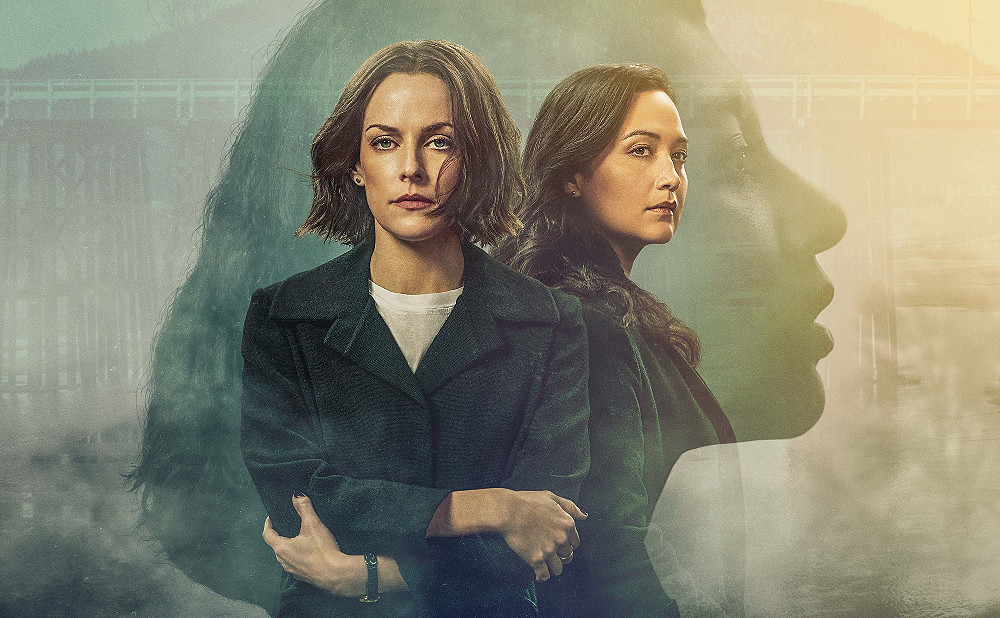
It happened in Saanich, British Columbia, near Victoria. Reena Virk, age 14, was beaten and then drowned under a bridge by other teens she had been trying to become friends with, and apparently some she didn't even know. How could that be? Rebecca Godfrey tried to find out and later wrote a book about it. But things get in the way of a clear picture. The teens' action remain obscure and seem to involve a group of mean girls with a queen bee leader. Her followers mis-interprit her wish. But a boy is also involved? Why? What did they all have against Reena? There are possible answers but they're thin.
And Reena was in a rebelious stage in her life against her immigrant parents. That's not explored enough, although one plot point absolutely calls for that. And the big complication is Godfrey's history. She's originally from there, living in New York by then, and has come back to write about the lost girls of Victoria. Played by Riley Keough, she may have been one herself and reconnects with another, an old friend, played by Lily Gladstone, who is now a police officer and investigating the killing. They co-operate and clash. That's interesting but takes focus away from Virk, played by Vritika Gupta, the teen queen bee, played by Chloe Guidry, and the girl the press called Killer Kelly, played by Izzy G. She does a great psychopathic scene as a witness in a court case. Most impressive is the actress Archie Panjabi as Reena's mom, famous for her forgiving nature. The series tells a lot but still not enough. (Disney+) 2½ out of 5
LET IT BE: It hasn't been available for about 50 years. Welcome back, I say. This view of The Beatles at work felt glum when it came out in 1970 it underperformed. By then, the band had broken up and people didn't feel any joy watching it. Yet, there's a lot of that in it. John, Paul, George and Ringo are having great fun recording, improvising, creating the songs that went into their album of the same name, and incidentally won an Oscar the following year.
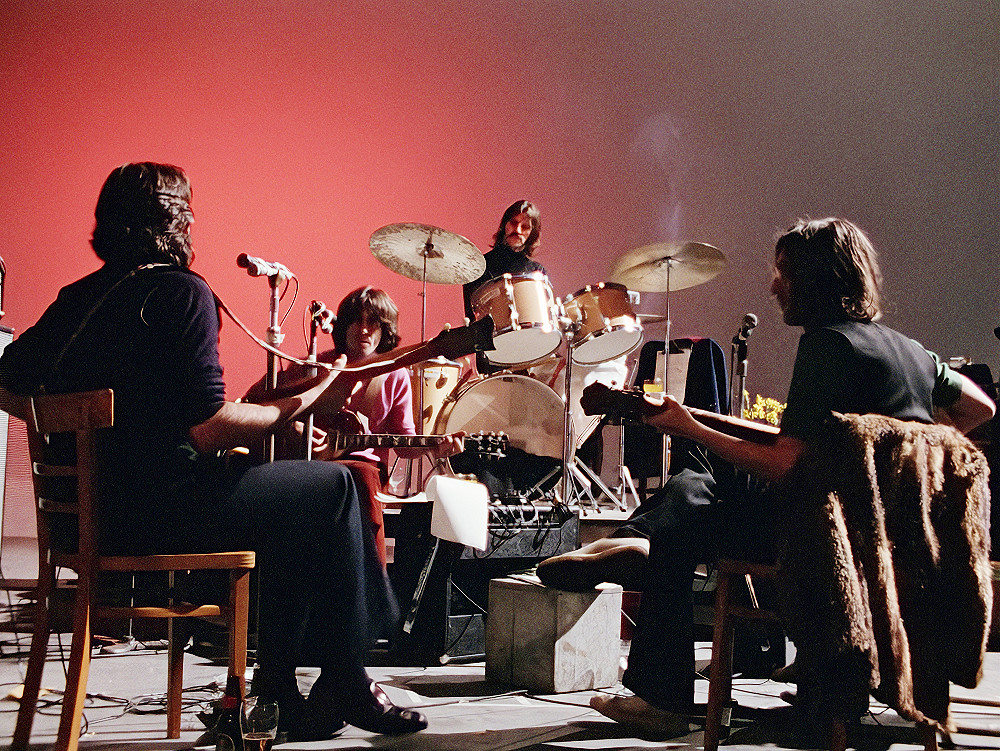
They do a rousing jam session on several old rock and roll tunes, Paul hams up funny on one song, John does a whistling coda on one. Some songs are messy because they're not finished yet but they're all fun to listen to, especially in the famous rooftop concert that debuted them.
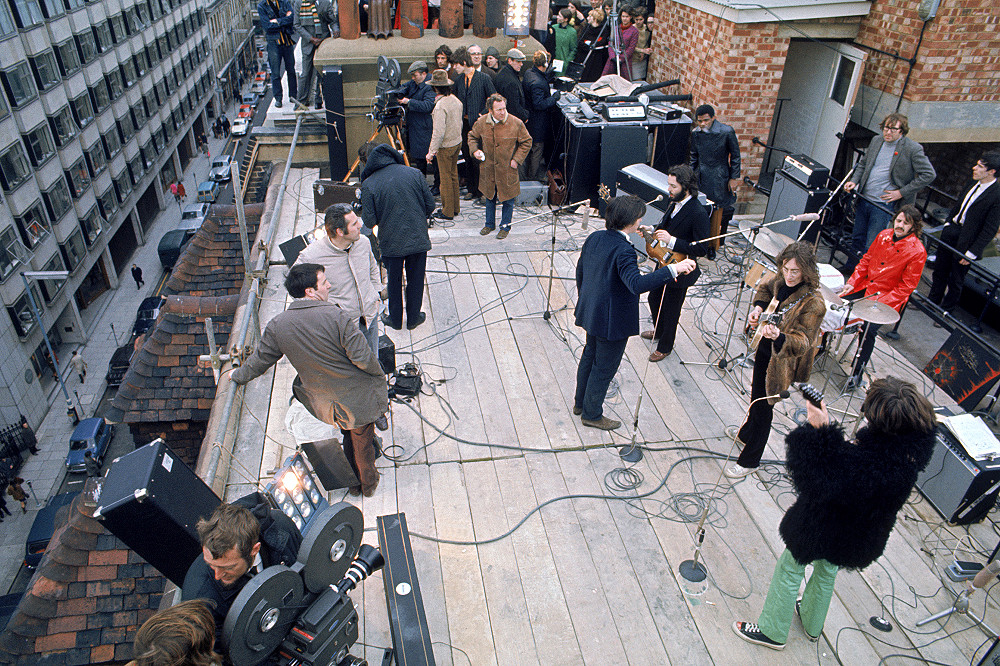
The film and the sound have been crisply restored by Peter Jackson who did the same for the documentary series he created out the same material and hours of outakes. Where it showed the tensions that were splitting the band at the time, this film only has a couple of hints. The biggest is that Yoko Ono is there almost all the time. The film, directed by Michael Lindsay-Hogg, isn't glum at all. For Beatles fans it's a must. (On Disney+) 3 ½ out of 5
WE GROWN NOW: This is a very moving depiction of friendship, of two boys in this case. They play, go sightseeing, discuss life and what comes after ("I think we just go," says one) and put up with annoyances around them. They live in Chicago's giant public housing project, Cabrini-Green. It's gone now but back then, in 1992, housed some 15,000 people, mostly Blacks. Gangs and shootings were common and the mayor ordered a clean-up. "The whole neighborhood's going into lockdown," we hear. Everyone needs an ID card, even children, and in one scene the police barge in and ransack an apartment looking for something. That what Malik (Blake Cameron James) and Eric (Gian Knight Ramirez) live with. Writer-director Minhal Baig knows it well and the film feels authentic because of it.
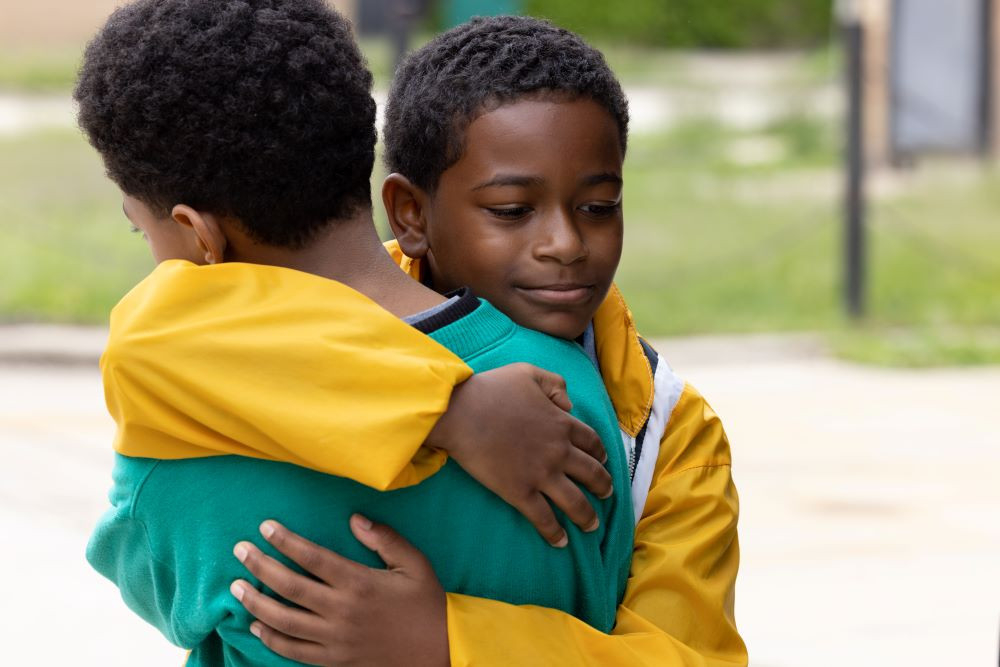
After the police search the boys yell "Leave us alone, goddamit" and this: "We exist." Malik says "Me an Eric we've done everything together since we were born ... this is where we're from." That comes up because his mother has dared to ask for a raise at work, is offered a better job out of town and is considering moving. Her mother did that years before when she left Mississippi to escape racism. So the film is very affecting in several ways: the feeling of home even in a housing project like that, the need sometimes to move on for a better life ("don't be afraid to fly," says one); and how that can break up a close friendship. The final scene is particularly moving. (In theaters, Vancouver and Toronto now, Ottawa next week and Saskatoon next month) 4 out of 5

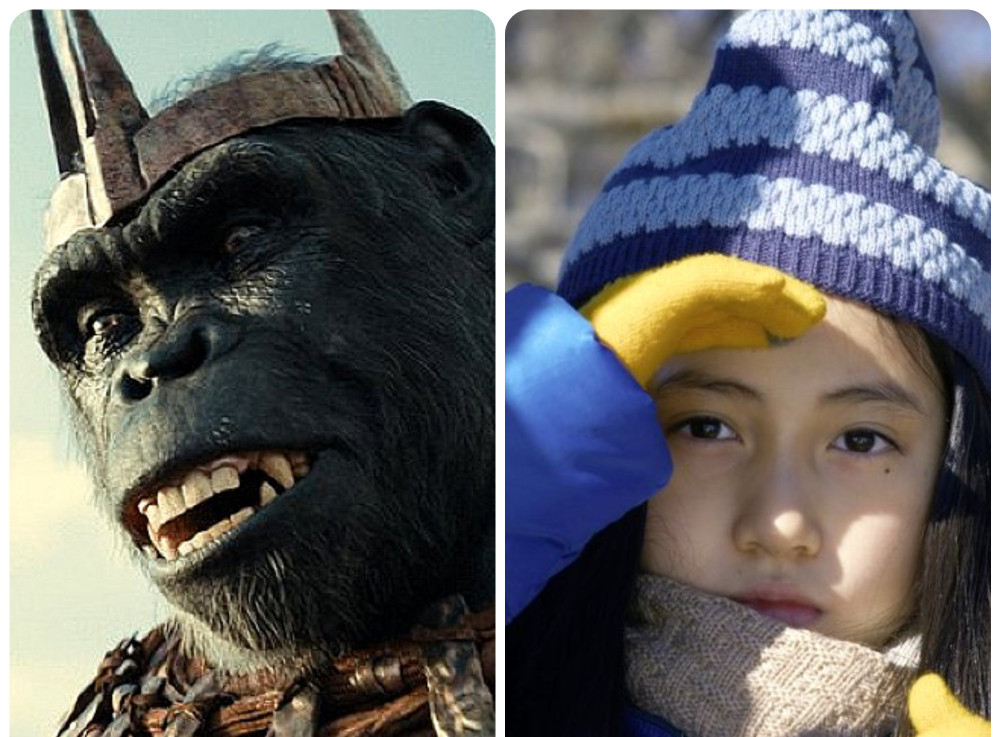
Comments